History Lesson
History
A Race Odyssey
Lesson
Mary Lefkowitz





Contents
ONE
TWO
THREE
FOUR
FIVE
six
SEVEN
EIGHT
NINE
Introduction
Would you mind if I began this book with a little quiz? Which of these statements is most controversial?
(a) Greek philosophy was stolen from the Egyptians.
(b) Greek philosophy was borrowed from the Hebrews.
(c) Greek philosophy was invented by the Greeks.
 he answer is (c), even though it is the only one of these statements that is backed up by strong evidence. The Greeks were indeed the first ancient people to use philosophy; they were the first to use non-theological language to describe first causes. There is no question about that. Thirty years ago no one would have doubted it. But in the 199os I got into a lot of trouble for supporting this traditional view, perhaps precisely because it was the traditional view.
he answer is (c), even though it is the only one of these statements that is backed up by strong evidence. The Greeks were indeed the first ancient people to use philosophy; they were the first to use non-theological language to describe first causes. There is no question about that. Thirty years ago no one would have doubted it. But in the 199os I got into a lot of trouble for supporting this traditional view, perhaps precisely because it was the traditional view.
This is the story of how I came to find myself in a controversy for defending an obvious truth. You might be surprised that telling the truth should create a problem in an American university. In the last thirty years or so, however, I have found there to be a kind of moral or ethical confusion among academics, as if we have forgotten what universities are for, or what we were originally hired to do. Telling the truth, instead of being our first responsibility, had suddenly become less important than achieving social goals. These goals were to be reached not by means of the usual scholarly tools of reflection and reasoned persuasion. They were to be imposed by assertion and fiat. Teaching our students and ourselves how to evaluate ideas and evidence or learning how to add to the body of knowledge seemed to me, as I struggled with the events that are the subject of this book, to be no longer top priority.
When my troubles began, I was teaching classics at Wellesley College, as I had done for the previous thirty years. I was (or so I thought) a respected member of our faculty, and reasonably well known as an author and reviewer of books about the ancient Greek world. I became an academic because I loved school. I loved to read, especially about what happened in the past. But what I liked most of all was Latin, because through it I could understand the origin of so many English words, and the structure of grammar. Latin led me to ancient Greek, and that seemed even more exciting. Through it I felt that I was establishing a kind of contact with a past culture that had so much to teach me.
I studied Greek and Latin at Wellesley College, and then went on to Radcliffe College (the women's college within Harvard) to get my Ph.D. I returned to Wellesley to teach part-time while I was still at graduate school, and stayed on when a fulltime position became available. For me it was the fulfillment of a dream. The Wellesley campus is situated in a corner of a leafy suburb of Boston, on one side of a tranquil lake, in a beautifully landscaped park. The buildings look out over trees and woods, with the lake glistening in the distance. I can understand why in the late nineteenth century students wrote serenades to the lake. I have never been able to tear myself away.
Although the campus still looks much the same from the outside, and it remains, by choice, a college for women, over the fifty years that I have known it virtually everything else in it has changed, much of it for the better. The curriculum is richer and more diverse; the students now come from a wide variety of backgrounds and ethnicities, and not just from the suburbs of big cities like Boston or Chicago. The faculty, too, are now more diverse, with a much wider span of interests, and from many different graduate programs. But greater diversity brought a new set of challenges. Old assumptions are today often, some might say endlessly, questioned, but at the same time there is less common ground from which to derive constructive answers. Faculty in the early twentieth century had all grown up reading the same books and had some understanding of what their colleagues in other fields were doing, because in many ways there was less to know. But whole new fields of study exist today that were not even imagined in the 195os, and instructors in all disciplines are more highly specialized. There are no common texts, and there is less mutual understanding among the disciplines.
Before the twentieth century the study of Greek and Latin had occupied a central place in the curriculum. Over the years increasing demands for relevance in education had gradually driven the study of classics into an honorable niche. For those of us who still cared about the field, our marginalization was at once a disadvantage and an opportunity. The role of a classics professor, as I saw it, was to explain to students why it still made sense to try to learn difficult ancient languages and to study ancient civilizations so different from the world in which we now live. I used my introductory course in Greek mythology to give them an elementary knowledge of Greek religion, with its tragic vision of human life and its acute awareness of the limits of human intelligence.
Mythology is one of the ancient Greeks' most influential legacies. So too, not coincidentally, is its antithesis-an empirical, logical, and abstract system of reasoning that we now call philosophical. Much of my research and writing has focused on the ways in which myth and empirical reasoning intersect in ancient Greek historical writing, and this is probably why, to me, it seemed only natural to want to find out why some people firmly believed that Greek philosophy was stolen from Egypt, even when it so obviously was not.
Perhaps I should have realized that it is one thing to investigate the origin and meaning of myths composed by people who have for centuries been dead and buried, but quite another to critique a contemporary myth that living people today take very seriously. Anyone who tries to teach science in the presence of Creationists will know what I mean.
Challenging a belief system was only part of the problem. What I'd done, without quite realizing it, was to walk into an intellectual storm that had been raging for some time. The storm had been created (so to speak) by two different weather systems on American campuses, one intellectual and one primarily political. Each was powerful in its own right, but together they transformed themselves into a virtual blizzard. This superstorm changed the quality of discourse in the educational world. Over the past decade or so, it changed it so radically that it was at times hard even for an insider like myself to understand what was happening. Here the weather metaphor breaks down, because this intellectual turbulence was much more durable than a physical storm. It has continued unabated for almost a decade.



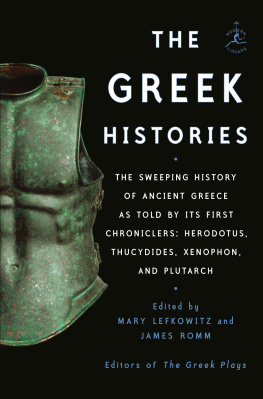
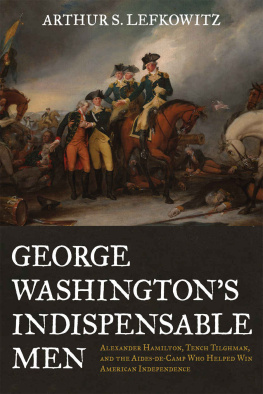
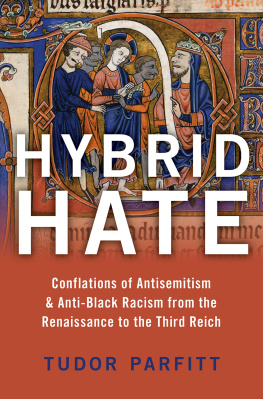
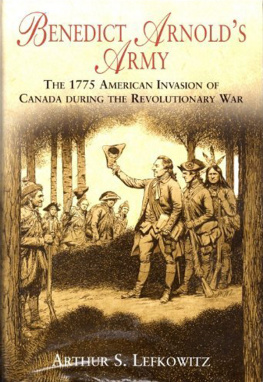
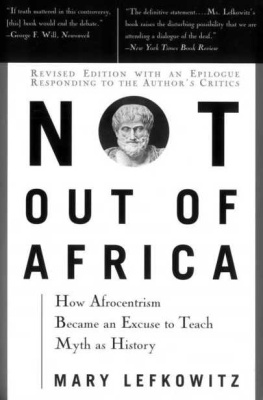




 he answer is (c), even though it is the only one of these statements that is backed up by strong evidence. The Greeks were indeed the first ancient people to use philosophy; they were the first to use non-theological language to describe first causes. There is no question about that. Thirty years ago no one would have doubted it. But in the 199os I got into a lot of trouble for supporting this traditional view, perhaps precisely because it was the traditional view.
he answer is (c), even though it is the only one of these statements that is backed up by strong evidence. The Greeks were indeed the first ancient people to use philosophy; they were the first to use non-theological language to describe first causes. There is no question about that. Thirty years ago no one would have doubted it. But in the 199os I got into a lot of trouble for supporting this traditional view, perhaps precisely because it was the traditional view.